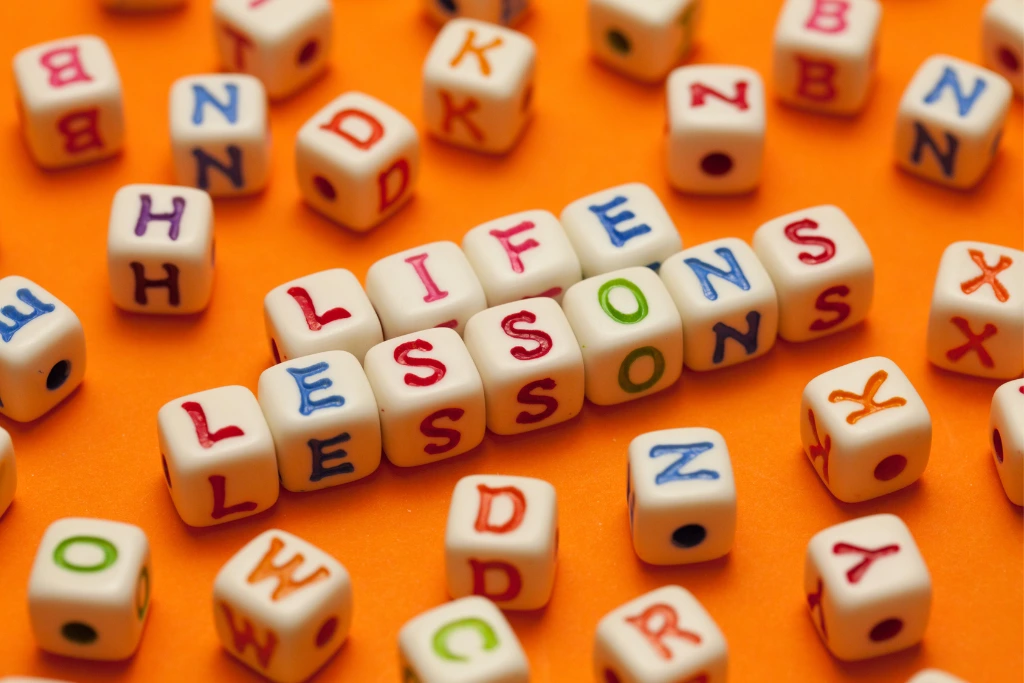
We all know busy people when we see them. They’re always on the go, frazzled, and seem to be constantly worrying about something or breaking out into a light jog around the office. The people who always seem to have their hands full, whom you see crossing things off their to-do lists all the time and constantly saying they can’t deal with something right now. Do you frequently receive emails commending someone on their innovative ideas that have saved the company money, or for successfully spearheading a new branch of the business? In my experience, these two types of workers are rarely the same.
[Read: 4 Subtle Differences Between Workaholics and High Performers]
If you’re the type of employee who gets a lot done quickly, you may not be as productive as you could be. We’ve all heard the old saying that it’s better to work smart than hard. Rather than take on a huge project, we often procrastinate by doing small, meaningless tasks. But we shouldn’t let that philosophy seep into our career at large. Here are some of the differences between being busy and being truly productive.
1. Productivity Is a Result of Many Different Things for Different People
Stop fixating on the checklist. “Busy people concentrate more on completing individual tasks so they can check them off their lists, while high performers worry about making broader contributions that will have a significant positive impact on the organization’s strategic objectives,” says Donn LeVie, Jr., a career strategist, and former Fortune 500 hiring manager. “Workaholics ask: ‘What’s next?’ while high performers might instead think: ‘Which task will provide the biggest benefits for the company?'”
[Read: The Best Career for Your Personality Type]
2. People Who Get Things Done Know Which Tasks Are Worth Their Time
Tasks that feel demanding might not always hold the most importance. Productive people understand that every task is an opportunity to create something positive. “It’s vital to understand which behaviors and actions are getting results and which are not,” says Karin Hurt, CEO of Let’s Grow Leaders. “And then, you must have the courage to stop wasting time on the behaviors that get no ROI [return on investment]. The biggest time-suckers are conference calls and unproductive meetings. Truly productive people don’t sit on conference calls that don’t add value. If you find you can multi-task through an entire call, that’s not an indicator that you’re productive, it’s a sign that you shouldn’t be on that call. Speak up and change the approach.”
3. Productive People Understand the Importance of Prioritizing Their Tasks
It’s time to prioritize once you have that understanding…and stick to it. “Busy people whip through low-hanging fruit, finishing tasks that are low value for the company or their lives,” says Helene Segura, a productivity consultant and author of R.O.A.D.M.A.P. to Get Organized. “To move to a level of high performance, take 10 minutes at the end of each day to map out your road for the next day. Initially, you’ll start with urgent priorities—those tasks that need to be finished so you won’t get fired. Soon, you’ll look at priorities for the next day—those tasks that will keep you or your career at the status quo. Eventually, you’ll plan for your proactive priorities—tasks that will get you ahead of the game.”
4. People Who Get Stuff Done Pay Attention to Detail
Something crucial that I overlooked is the ability to distinguish between someone who gets many things done rapidly and someone who does *vital* tasks correctly. “Fast workers tend to miss a lot of details in the process—details that can be quite important,” says Yasmina Yousfi, chief business development officer at Cloudswave. “People who are always busy often work on several projects simultaneously, which can lead to a lack of focus. In contrast, productive workers tend to be more methodical, spending more time examining every aspect of their work before completing it. As a result, they get ‘less’ work done but do it more efficiently..”
5. Knowing When to Say No Is Key to Being Productive
Scheduling too much and not learning to say no are both keys to success. “Think for a moment before responding to any non-urgent or non-essential query or request,” says Rashelle Isip of The Order Expert. “Must you attend a meeting that has nothing to do with you or your department? Is there someone else who is better suited to complete the task? Will you be able to complete your work if you take on this task? Don’t feel guilty about saying ‘No.’ You need to protect your time and energy, so you can get things done.”
6. Productive People Proactively Manage Their Email Inbox, Instead of Letting It Control Them
“Watching emails arrive is one of the greatest productivity destroyers of the modern age,” says Shani Harmon, co-founder of Stop Meeting Like This. But we all know how easy it is to get bogged down in it. “Remember, email is a tool; it’s not the be-all-end-all of your job,” adds Isip. “Forgo checking your email until you’ve decided what you want or need to accomplish that day.” Maura Thomas, who is the founder of Regain Your Time as well as the author of Personal Productivity Secrets, has recommended that people should shut off their automatic email downloads. Additionally, she believes that people should turn off notifications and start fetching emails only at specific times during the day.
7. Effective Delegation Is a Key Productivity Tool
Do you micromanage or strive for perfection? If so, this post is for you. “If you need assistance, don’t be an island,” says Alison Kero, owner of ACK Organizing. “Delegate any task that someone else can do better or for less money. Allow others to help you shine by putting in their best work and you’ll find you have a lot more time to focus on other tasks.”
8. People Who Are Productive Avoid Chaos
Productive people aren’t timed by how many hours they work or if they look busy; They’re efficient with their time. “The more paperwork, books, and other reading materials you have surrounding you, the more information you have floating around in your brain,” Kero says. “It makes it difficult to work or concentrate. Too much clutter also means wasted time looking repeatedly for items you swear you ‘just put down for a second.’ You’re stressed about all the things you ‘should be doing and it takes away from focusing on your projects.”
9. People Who Get Things Done Set Time Aside for Reflection, Planning, and Professional Development
And because of that, “they can easily articulate the link between their day-to-day activities and their overall mission,” says productivity psychologist Melissa Gratias, Ph.D. “Productive people schedule their time beforehand, and stick to that schedule,” says Cecilia Bratt of The Conscious Careerist. “They don’t live in reaction mode to other people’s agendas or emails—quite common among ‘busy’ people.” I could not have put it better myself. Do not live your life in reaction mode, friends.
10. People Who Are Productive Focus on the Larger Goal
The most productive employees, according to Diane K. Danielson, Sperry Van Ness’ chief operating officer, are those who understand how their projects contribute to the company’s overall goals. “When tackling a project, they can think ahead and often respond to me with bigger picture concerns and solutions,” she says. “They can tell when a process is slowing things down or when it makes more sense to stop what they’re doing and reorganize, clean up, or change the process to save time and/or money in the long run, even if it slows things down in the short term.”
11. Productive People Know That Finding the Most Efficient Way to Do Things Saves Time in the Long Run
“My best tip comes from the English proverb, ‘Measure twice, cut once,’” says Oleg Korneitchouk, director of marketing at SmartSites. “It’s not enough to just do something quickly. You need to take a step back and examine what’s being accomplished and if it can be achieved more efficiently or effectively. I’ve gotten into the zone and spent hours doing work that I realized I could have spent less time or energy using a different tool or technique that I hadn’t realized.” If you can find a tool that will help you do something more quickly, it will be worth your investment in the end.









